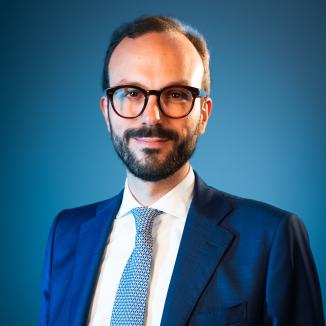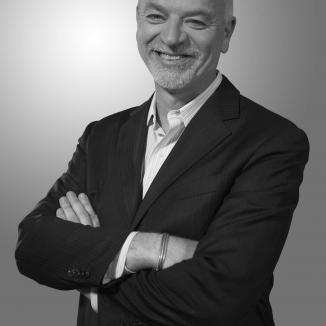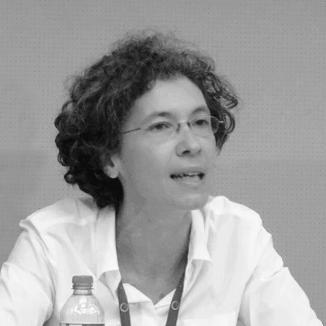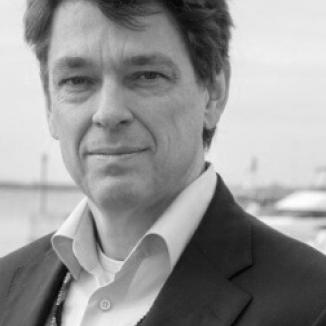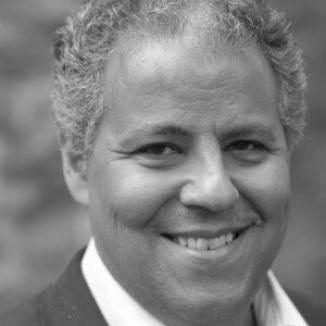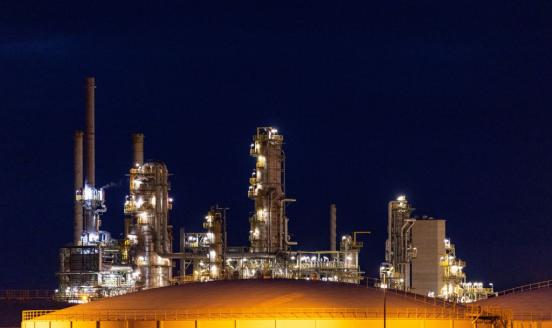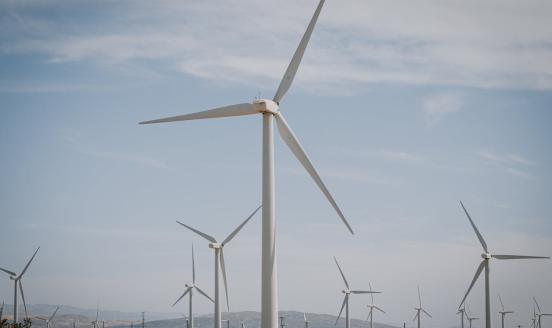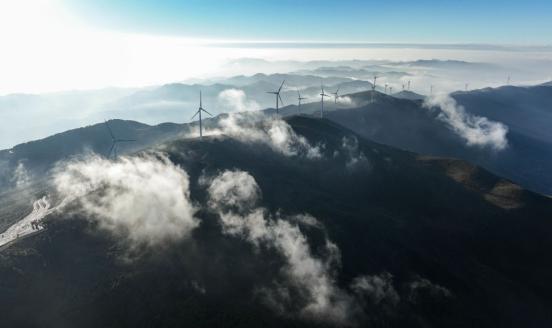Fostering energy access in Sub-Saharan Africa: what role for Europe?
Lack of energy access is a major challenge for Sub-Saharan Africa. How can Europe contribute to solving this issue?
Speakers
Simone Tagliapietra
Senior fellow
Lapo Pistelli
Executive Vice President, Eni
Laura Cozzi
Head of the Energy Demand Outlook Division, World Energy Outlook, International Energy Agency (IEA),
Alexander Huurdeman
Senior Oil and Gas Expert ,World Bank,
San Bilal
Head of Programme 'Trade, Investment and Finance', European Centre for Development Policy Management,
VIDEO & RECORDING
SUMMARY
Limited energy access is an important obstacle to economic growth and improved livelihoods in sub-Saharan Africa (SSA). Solving the issue will require a combined effort by the international community and the SSA countries themselves. Europe should focus on scaling up its investment in the energy supply of SSA, while ensuring that the investment promotes energy use within, as opposed to outside, the region. Investment in the energy supply may be particularly favourable today in view of the following circumstances:
• A strong political will to improve global energy access
• Innovation has contributed to a large reduction in the cost of energy technologies
• Low natural gas prices
European policies aimed at promoting energy access should be tailored to the local context. It should be recognised, for instance, that the economic viability of using on- and off-grid technology will differ between regions. Moreover, policy makers should take into account the initial endowment of energy resources in countries. The cost of adding renewables may be larger than deploying abundant traditional energy sources. Hybrid solutions, involving increased use of both renewable and traditional energy sources, may therefore be efficient.
The EU promotes greater access to energy in SSA by providing finance, technical assistance and strengthening the business environment. The key financing instruments are grant funding and blending. Blending may be less effective in stimulating investment in economically unviable projects (such as in remote and poor areas). Improving energy access will require a more coordinated approach across the private sector, institutions and countries in Europe. Greater access to funding from financial institutions would enable more private investment in energy projects. The coordination between the various funding mechanisms of the EU may also need strengthening. Some investors may currently lack an understanding of the available support from the EU for energy projects in SSA. This issue could be overcome by establishing a platform on which institutions can provide details about the kind of funding they offer.
A number of other ideas were also discussed, including:
• European energy projects in SSA should improve their monitoring and results measurement.
• There is a need to broaden the discussion on improved ‘energy access’ from merely electricity to other uses of energy, such as cooking and transport.
• Energy projects in SSA should promote capacity building and education.
• Energy infrastructure projects may face a trade-off between the length of the pay-back period and the degree of environmental damage.
Event Notes by Gustav Fredriksson, Research Assistant, Bruegel
eVENT MATERIALS
Presentation by Alexander Huurdeman
